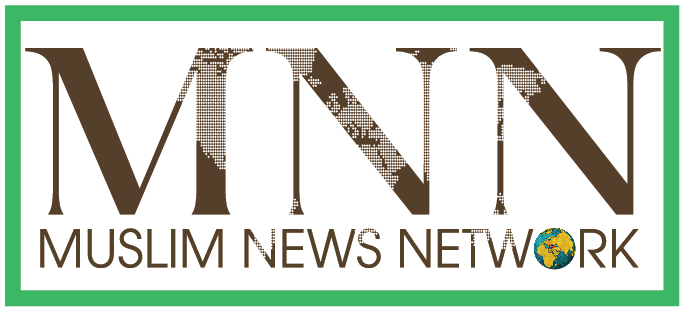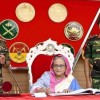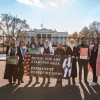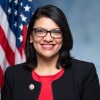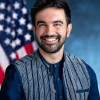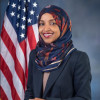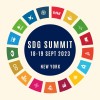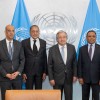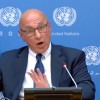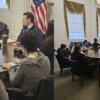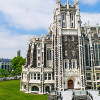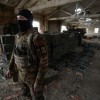Cultural Shift
Saudi Arabia limits Ramadan practices
Saudi Arabia is imposing controversial restrictions on the holy month of Ramadan practices which are to be abided by

Saudi Arabia announced a new set of controversial rules and restrictions on the practices of Ramadan this year which will tackle a reduction in mosque loudspeakers and surveilling worshippers who wish to seclude themselves in the last 10 days of the holy month.
The new rules also include limiting donations and banning filming prayers in mosques.
The Islamic holy month will be regulated by ten points, as mentioned in a document released on Friday by the Minister of Islamic Affairs, Abdul Latif Al-Sheikh.
"Imams and muezzins are not absent except for extreme necessity" and "completion of the tahajjud prayer in the last ten days of Ramadan, before the dawn call to prayer, with a sufficient time, so as not to be difficult for the worshipers" are amongst the commandments.
More commandments include not using cameras in mosques to photograph imams and worshippers during prayers of any sort.
The Ministry also forbade mosques from collecting financial donations for organizing meals for people to break their fast. These collections are also not to be held in mosque courtyards. They should only be under the responsibility of the imam or muezzin.

Another controversial ruling announced by the Ministry was limiting the number of loudspeakers emitting the call to prayer and banning parents from bringing their children to the mosque for prayers.
These restrictions sparked outrage from many Muslims worldwide with critics seeing the rules as an attempt by the Saudi government to limit the influence of Islam in public life by restricting long-practiced traditions.
As such, critics also pointed out the Saudi government's increased promotion of musical concerts by inviting Western artists to perform in the Kingdom, all in an attempt to appeal to international audiences.
"The Ministry does not prevent breaking the fast in mosques but, rather, organizes it, so that there is a responsible person who takes permission from it, and it will have facilities within the framework of preserving the sanctity and cleanliness of the mosque and not collecting donations other than official.", said Ministry's spokesman, Abdullah Al-Enezi while brushing away concerns in a telephone interview with the channel, Al-Saudiya.
